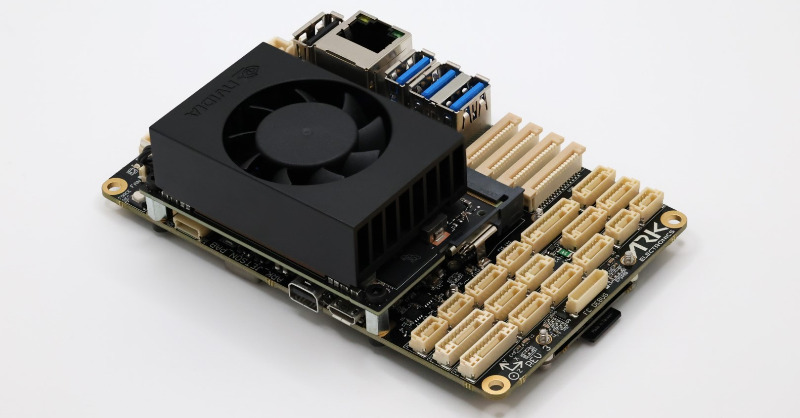Regulating autonomous blockchain protocols is not a viable solution — it would kill the technology.
Autonomous code cannot comply with competing subjective regulatory requirements across the globe without adding intermediaries, thereby defeating the purpose of the tech.
Most talk about on-chain capital markets focuses on speed and cost. But efficiency without fairness won’t work. My new Law360 piece argues that the next phase of crypto market design is about embedding investor protection and accountability into the architecture itself.
Promising technology-based solutions like programmable custody, token-level compliance, and MEV-mitigation tools can bake integrity and fairness into the system, reducing the need for intermediaries without sacrificing investor protection. I think this is both an overlooked policy point and market opportunity in crypto, and can help bridge the gap in DC.
Oct 30, 2025 · 4:45 PM UTC
















